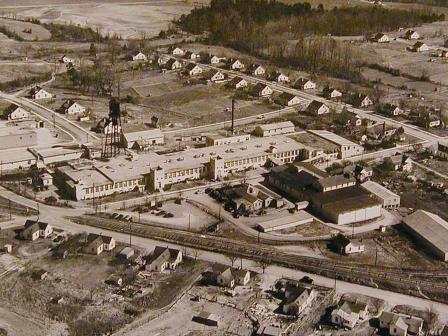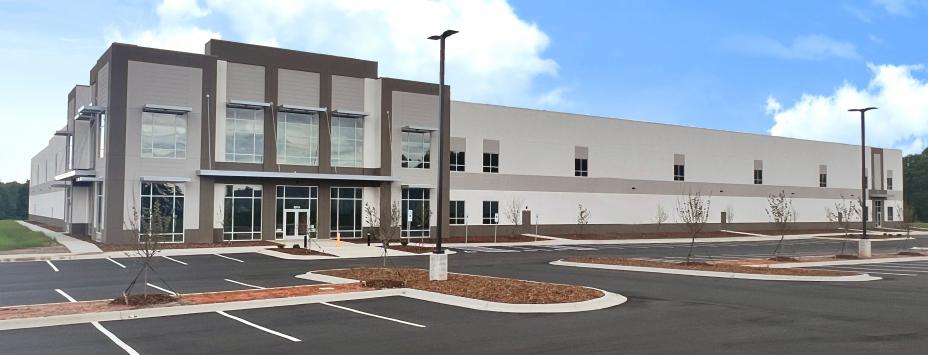
Archived Content
This site contains information that has been considered archived and will no longer be updated.
EDA Assists Former North Carolina Mill Town Unleash a Paper Tiger
Throughout much of the 20th century, Shelby, North Carolina, about an hour west of Charlotte, was a powerhouse of textile manufacturing. It was home to several mills, which produced yarn and thread for the clothing industry. It also had considerable transportation assets, making these products readily available throughout the United States. By the dawn of the 21st century, however, all of that would change.
In 2001, the mills began to close. The unemployment rate soared as more than 600 people lost their jobs. As the industry that had served as the economic bedrock of the community for generations came to end, residents could only wonder what to do next.
“We had a Great Recession before the Great Recession,” said City Manager Rick Howell. “Impacts were hard felt — job losses in the textile industry were felt all throughout the community.”
The quick succession of mill closures created particular challenges for this community, which had been industry-driven for several decades. Shelby would have to pivot in a new direction while ensuring its citizens that there was hope for tomorrow. This job – helping the community imagine that tomorrow can be better – is at the core of economic development.
The leaders of Shelby and Cleveland County rose to the occasion. While focusing on the immediate requirements of the residents, there was also a recognition that the region needed to diversify its economy. A large part of this came from the commitment of city leaders to focus on fortifying the region’s workforce, not just its tax base.
“We knew that if we focused on growing payroll within the city, workers would stay and spend local, which would help our community recover.” Howell noted. “Key to this was cultivating different manufacturing, as the wages and benefits offered from the sector are substantially higher than other service opportunities that exist in the region.”
In response, the city developed the Washburn Switch Business Park to provide opportunities for such expansions. Their investment paid off in 2010, when a major paper manufacturer opened a new tissue-production facility in the park.
To accommodate the facility, the Economic Development Administration (EDA) stepped in in 2017, awarding a $2.8 million grant through the Public Works program. The grant provided for a series of infrastructure upgrades, including the construction of a 750,000-gallon storage tank and a new booster pump station.

The EDA investment is a testament to the agency’s long-standing emphasis on promoting economic equity. Minorities account for more than 40 percent of the city’s population and high-paying jobs that offer access to benefits are imperative to advancing the entire community.
“The business park gave people a chance at stable employment with high wages and benefits,” Howell noted. “This employment has been critical in both fostering financial and community resiliency, and generating excitement in the community that good things will continue to come.”
While the EDA played a key role to facilitate economic recovery in 2017, the impacts are still bearing out today, as the Park has allowed other companies to expand in the area.
For more economic development success stories, please visit eda.gov.
